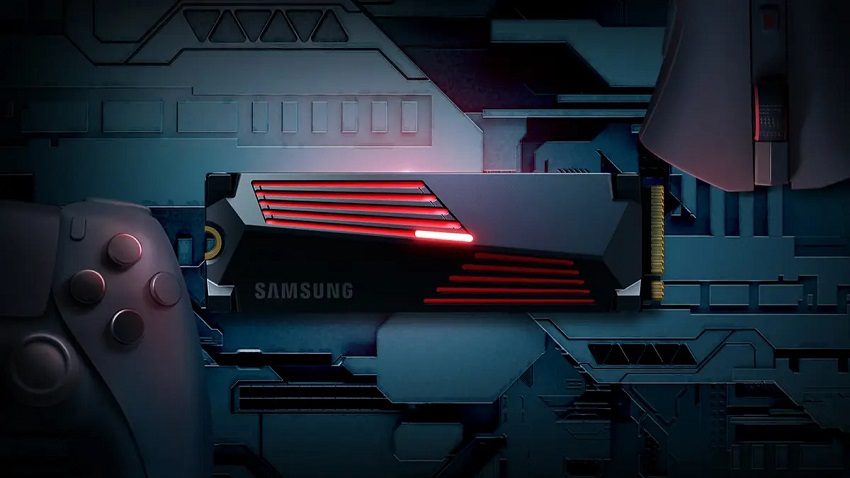
22 Jul Is it Good to Compress SSD?
In today’s digital age, solid-state drives (SSDs) have become increasingly popular due to their superior performance and reliability compared to traditional hard disk drives (HDDs). As technology evolves, the concept of compressing SSDs has emerged as a potential way to optimize storage space and enhance overall system performance. In this article, we will explore the topic of compressing SSDs and delve into the advantages and considerations associated with this practice. The article is made available by https://meditnor.org/
Understanding SSDs
To comprehend the implications of compressing SSDs, it is essential to have a basic understanding of how these storage devices work. Unlike HDDs, which utilize spinning platters and mechanical arms to read and write data, SSDs rely on flash memory technology. This allows them to access data quickly and operate silently, making them a preferred choice for many users.
The Concept of Compression
Compression is a technique that reduces the size of files or data by encoding them in a more compact form. It aims to optimize storage space by minimizing the amount of physical memory required to store the information. When applied to SSDs using compress os drive disk cleanup, compression can potentially provide benefits such as increased storage capacity and improved read and write speeds.
Advantages of Compressing SSDs
Enhanced Storage Capacity
One of the primary advantages of compressing SSDs is the potential for increased storage capacity. By compressing files and data, you can effectively fit more information into the available space. This can be particularly beneficial for users with limited storage capacity who want to store a larger amount of data without investing in additional hardware.
Improved Performance
Compressing SSDs can also lead to improved performance. By reducing the size of files, the SSD controller can process data more quickly, resulting in faster read and write speeds. This can significantly benefit tasks that involve frequent data access, such as booting the operating system, launching applications, and transferring files.
Energy Efficiency
Compressing SSDs can contribute to increased energy efficiency. Smaller file sizes require fewer physical operations to access and process the data, resulting in reduced power consumption. This can be advantageous for laptops and other portable devices where battery life is a crucial factor.
Considerations and Limitations
While compressing SSDs offers several advantages, it is important to consider certain factors and limitations before implementing this practice.
Impact on Lifespan
Compressing SSDs involves a continuous process of compressing and decompressing data. This process can lead to additional write operations and increase wear on the SSD, potentially affecting its lifespan. However, modern SSDs are designed with advanced wear-leveling algorithms and have a significant lifespan, so the impact of compression on the overall lifespan may be minimal.
Compression Ratios
The effectiveness of compression depends on the type of data being compressed. Some file types, such as media files (e.g., images, videos), are already compressed and may not yield significant space savings when compressed further. On the other hand, certain file types, such as text documents and spreadsheets, can be compressed more effectively. It is essential to consider the compression ratios and potential space savings based on the specific data you are working with.
Processing Overhead
While compressing SSDs can improve performance, it is important to note that compression and decompression processes require computational resources. This means that the SSD controller must dedicate processing power to perform these operations, potentially impacting the overall system performance. However, with modern SSDs’ increased processing capabilities, this overhead is generally minimal and often outweighed by the benefits of compression.
In conclusion, compressing SSDs can be a beneficial practice to optimize storage space and enhance overall system performance. It offers advantages such as increased storage capacity, improved performance, and energy efficiency. However, it is crucial to consider the potential impact on the SSD’s lifespan, compression ratios, and processing overhead. By carefully evaluating these factors and understanding the specific requirements of your data, you can make an informed decision on whether to compress your SSD.
FAQs (Frequently Asked Questions)
FAQ 1: Will compressing SSDs cause data loss?
No, compressing SSDs does not result in data loss. The compression process only affects the file sizes and does not alter the data itself. However, it is always recommended to have a backup of your important data to mitigate any potential risks.
FAQ 2: Can I compress individual files on my SSD?
Yes, it is possible to compress individual files on your SSD. Most operating systems provide built-in compression options that allow you to compress specific files or directories.
FAQ 3: Are there any specific file types that benefit the most from compression on SSDs?
Certain file types, such as text documents and spreadsheets, can be compressed more effectively compared to already compressed file types like media files. The effectiveness of compression depends on the compressibility of the data within the file.
FAQ 4: Will compressing SSDs impact gaming performance?
In general, compressing SSDs should not significantly impact gaming performance. Modern SSDs have fast read and write speeds, which can offset any potential performance impact caused by compression. However, it is advisable to monitor the system performance and evaluate any noticeable changes while gaming.
FAQ 5: Should I compress my SSD if I have ample storage space available?
If you have ample storage space available on your SSD, compressing it may not be necessary. Compression is more beneficial for users who need to optimize storage capacity or have limited storage space. Assess your storage needs and consider whether the potential advantages of compression align with your requirements.

No Comments